HotSpots H2O: In Somalia, Covid-19 Compounds Water Stress
A man walks towards a well with his donkey cart to collect water in Garbahaarey town in the Gedo region of Somalia. Photo courtesy of AMISOM Public Information/Flickr.
The fragile situation for herders in Somalia and Somaliland, where harsh weather has stripped the land of food and water, is being exacerbated by the spread of Covid-19.
Somalia reported its first case of the disease in March. As of June 28, a total of 2,894 cases had been confirmed, and 90 people had died. Camps that house people who have been uprooted by drought and violence are among the highest-risk locations.
In recent years, parts of Somalia have become so hot and dry that they are virtually uninhabitable. Crops and herds are perishing in the harsh conditions, and residents of hard-hit areas are being forced to relocate.
Conditions in Somaliland, an autonomous region of Somalia, are among the most severe. The climate in Somaliland began shifting three decades ago, leading to a severe drought from 2016 to 2018.
Today, more than half a million residents of Somaliland, along with thousands of other Somalis, have abandoned their semi-nomadic lifestyles. Some have moved to urban areas, but many are stranded indefinitely in camps for internally displaced people (IDPs). Food and clean water are minimal in these camps and settlements.
Cecilia Jimenez-Damary, the UN Special Rapporteur on the human rights of internally displaced persons, has called on all governments to provide IDPs with “access to water, sanitation, facilities for personal hygiene, adequate housing, and food.” In Somalia, authorities have conducted information campaigns and set up a call center where Somalis can receive free medical consultations.
Despite these efforts, many people have not been reached, especially in rural areas and informal settlements.
“Our lack of financial resources prevents us from seeking healthcare and buying protection, such as face masks or alcohol-based hand rub,” Maryam Abdullahi, a resident of an informal camp in southern Somalia, told representatives from the UN peacekeeping organization.
She went on: “Getting clean water to wash hands is even itself a struggle. Twenty liters of clean water is sold at around half a U.S. dollar, and people like me, who do not have formal jobs or a good source of earnings, do not have the luxury to buy water and wash hands, so we often cut back on its usage.”
For most Somalis, the fight against Covid-19 has compounded pre-existing water stress. Prior to the pandemic, countless people already relied on distant or inconsistent water sources. The call for increased handwashing has only made shortages worse.
Even if Somalia manages to contain the spread of Covid-19, the country’s long-term future is uncertain. A study by a climate expert at the University of Arizona found that the Horn of Africa is drying more quickly than it has at any time in the past 2,000 years. If the trend continues, the recent patterns of crop failure, herd deaths, and displacement are likely to continue as well.
Kayla Ritter is a recent graduate of Michigan State University, where she studied International Relations and Teaching English to Speakers of Other Languages. She is currently based in Manton, Michigan. Kayla enjoys running, writing, and traveling. Contact Kayla Ritter

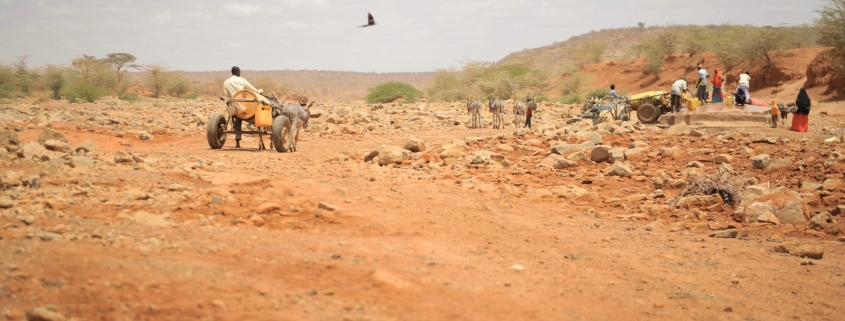
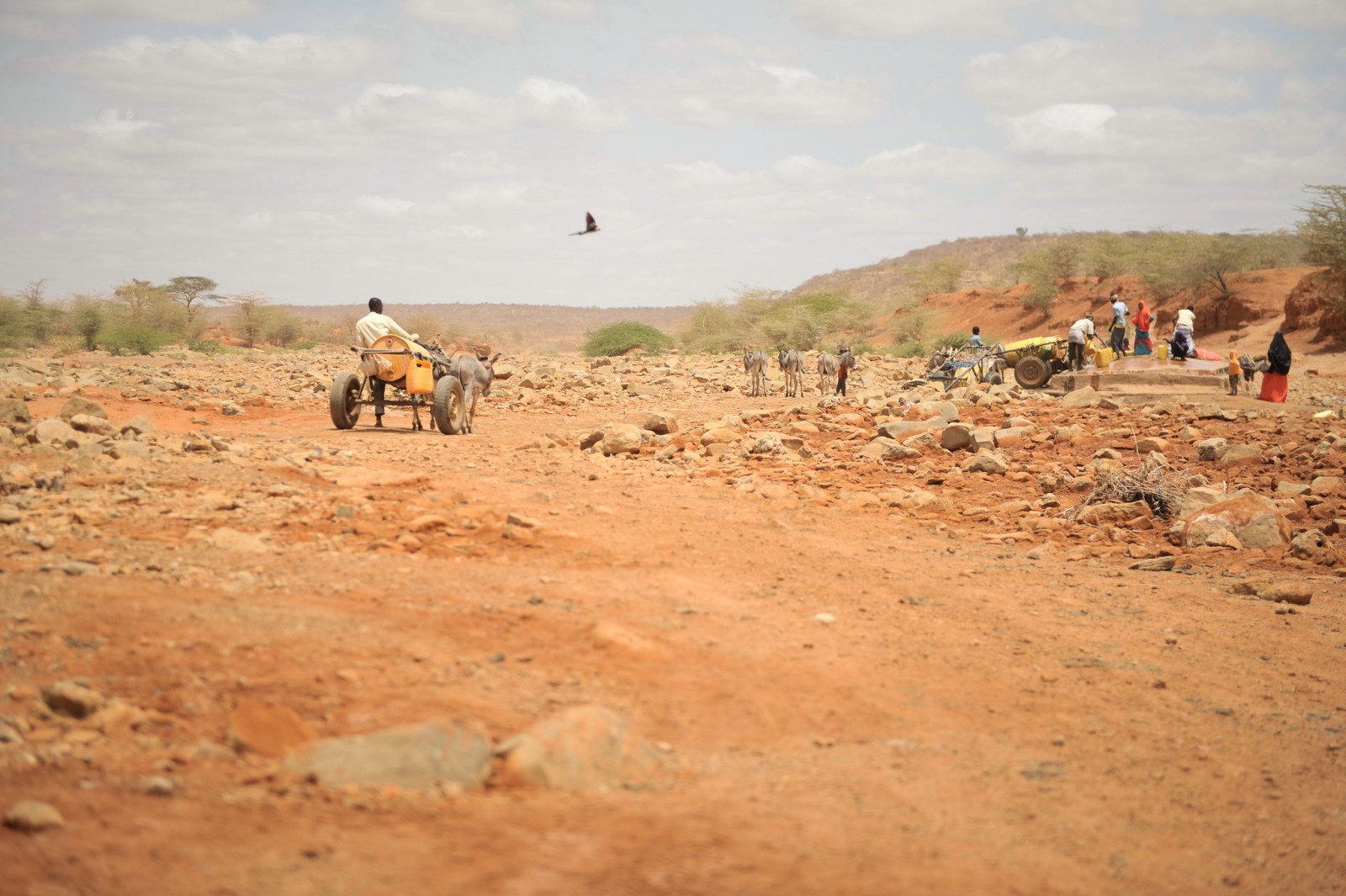

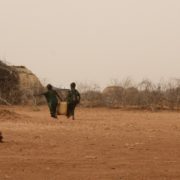
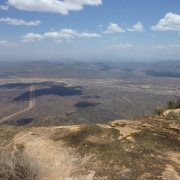
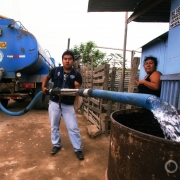
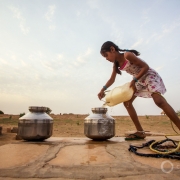
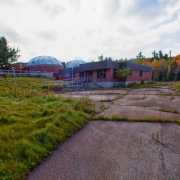
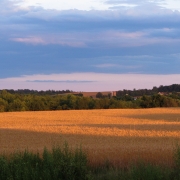



Leave a Reply
Want to join the discussion?Feel free to contribute!